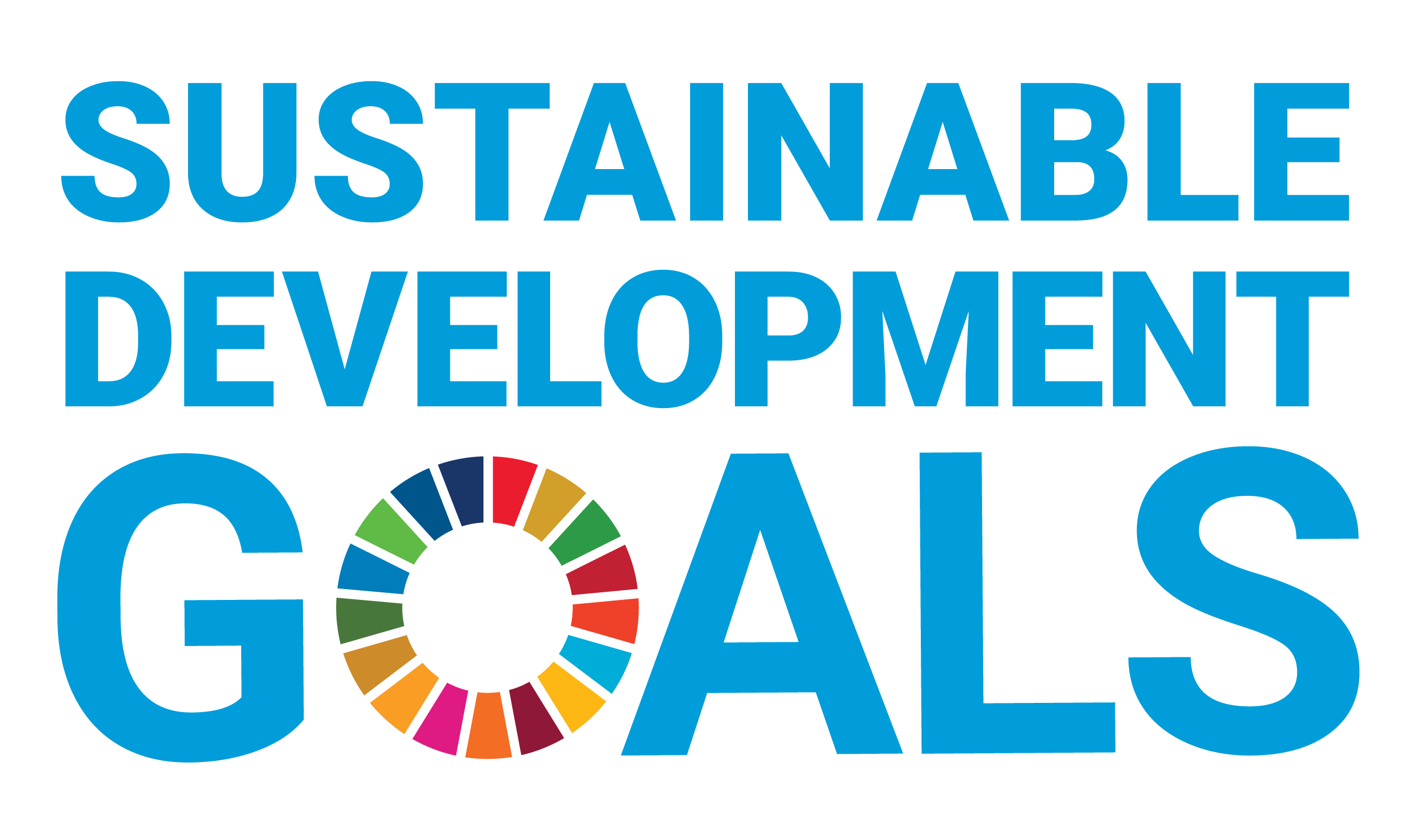Follow the Leader?: The Relationships Among Corrupt Leadership, Followers’ Corruption Tolerance, and Workplace Outcomes
Document Type
Article
Publication Date
1-9-2024
Abstract
This study used implicit leadership theory (ILT) as a lens for understanding corruption from the perspective of followers and in developing a model that describes the relationship among followers’ schema congruence with corrupt leadership, corruption tolerance, and subsequent work outcomes. Factors that describe characteristics of corrupt leadership were identified through interviews with eight employees and middle managers from different government and business sectors. A survey questionnaire was developed from the qualitative data and administered to 114 Filipino employees. Structural equation modeling (SEM) was used to confirm the hypothesized relationships among the variables. Qualitative results suggest that followers characterize corrupt leadership as selfish, unethical, and discreetly manipulative, but tolerate this for various reasons such as the fear of retaliation and personally benefiting from corruption. Quantitative findings indicate that followers’ corruption tolerance mediates the relationship between experiences of corrupt leadership and workplace outcomes. Followers who perceive greater corruption in their leaders and are more tolerant of corruption have negative attitudes toward their jobs and teams. The study highlights the need for organizations to monitor corruption among their leadership, establish feedback processes, and implement organizational mechanisms to address corrupt practices and attitudes. Leadership training and employee development programs that consider the influence of cultural norms on corruption tolerance and reporting as well as clearly describe ethical behavior may aid in reducing corruption tolerance and enhancing integrity in the workplace.
Recommended Citation
Aumentado, D.C., Balagtas, L.J., Cu, T.G. et al. Follow the leader?: the relationships among corrupt leadership, followers’ corruption tolerance, and workplace outcomes. Asian J Bus Ethics (2024). https://doi.org/10.1007/s13520-023-00189-y



